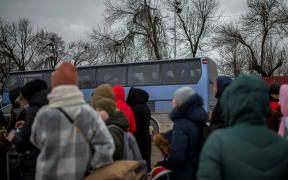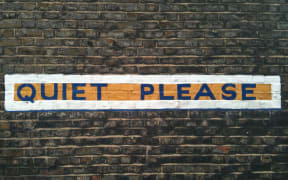Sunday Morning for Sunday 6 March 2022
8:11 Ukraine war update with Mike Eckel
Veteran war correspondent Mike Eckel talked to us from the original front lines in Donbas, last week from Kiev as the Russians attacked, and now he's back in Prague. having managed to evacuate a couple of days ago.
Mike's covered events in Russia and Ukraine for 20 years, and has also interviewed relevant players in the larger conflict, like the U.S. secretary of state Antony Blinken. He's with us for an update on the situation in Ukraine.

Photo: AFP
8:25 New Zealand men's reading rates continuing to drop
The reading rate of New Zealand men is continuing to drop, with nearly 80% of Kiwi males reading less than they used to.
That's one of the main findings of the new 2022 National Reading Survey conducted by Read NZ Te Pou Muramura (formerly NZ Book Council) - the latest report of its kind since 2018.
Other key findings from the survey, conducted by Horizon, include: 96% of readers prefer print books over other formats, more men than women read New Zealand poetry, and 82% of respondents with young children say they read to them once a week, but 7% said they 'never' did.
The survey also asked respondents about how their reading had changed through the pandemic and whether lockdowns made a difference to their reading habits.
Read NZ Te Pou Muramura Pānui CEO Juliet Blyth joins the show to discuss the 2022 National Reading Survey and what can be done to get people reading again.
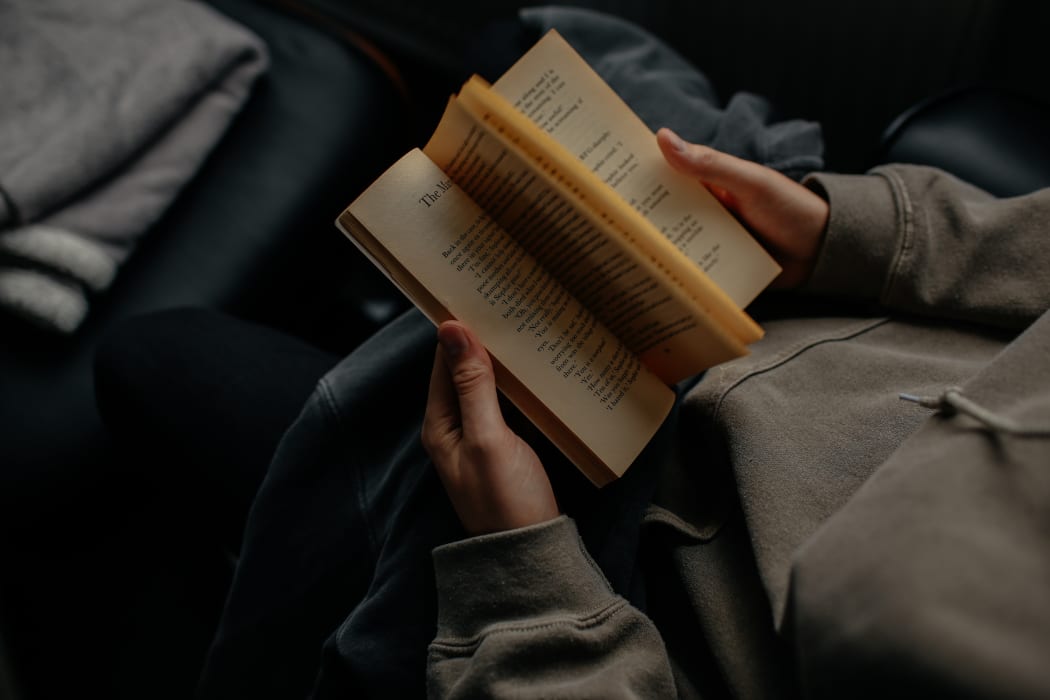
Photo: Unsplash / Lilly Rum
8:39 The Weekend Panel with Linda Clark and Mike Williams
Joining us on the Weekend Panel this morning are Linda Clark, a former broadcaster and partner with Dentons Kensington Swan, and former Labour Party leader Mike Williams. Among other issues, they'll be discussing the war in Ukraine, the likely findings of the review into the Parliament protests, the police commandeering the Fire Service hoses, and the ever-increasing price of petrol.

A protest stands in front a fire with a puzzling sign. Photo: VNP / Phil Smith
9:06 Mediawatch
This week Colin Peacock looks at the how some media struggled to sum up what's happening in Ukraine. But first he looks at the occupation of Parliament coming to a violent end this week - jarring with some earlier portrayals of the protest in the media.

Front page of the New York Post. Photo: screenshot
9:38 Why 'forgetting' is actually a new form of learning
It's a commonly-held belief that forgetting things is the first sign of a slippery slide into cognitive decline.
However, researchers at Trinity College Dublin and the University of Toronto now argue that 'forgetting' is actually a form of learning that helps our brains access more important information.
Forgotten memories, the researchers explain, are not really lost for all time - just made inaccessible. The findings also suggest that it might be possible to recover memories that had been thought to have been lost to disease - such as seen, for example, in patients with Alzheimer's.
Study co-author Professor Tomás Ryan from Trinity College Dublin is with us to discuss the research.
![[No caption]](https://media.rnztools.nz/rnz/image/upload/s--Pqa3Imd3--/c_scale,f_auto,q_auto,w_1050/v1643739919/4O8TS73_copyright_image_121620)
Photo: Unknown
10:06 Calling Home: Andrew Dubber in Norrmjöle, Sweden
Auckland native Andrew Dubber and partner Michela Magas live in the small village of Norrmjöle (pop 219), in the north of Sweden.
There's a longer story to what took this innovation power couple to that part of the world, but the short version is that they were invited by Umeå city to move their business there during its year as European Capital of Culture in 2014. And they've been there ever since.
Andrew and Michela are currently renovating a 200-year-old farmhouse in a forest by a lake and close to three beaches in Västerbotten County. It's quiet at this time of the year in Norrmjöle - which boasts the fastest broadband in the Western world - but the population swells in the summertime when cottage owners and tourists descend upon the normally sleepy hamlet.
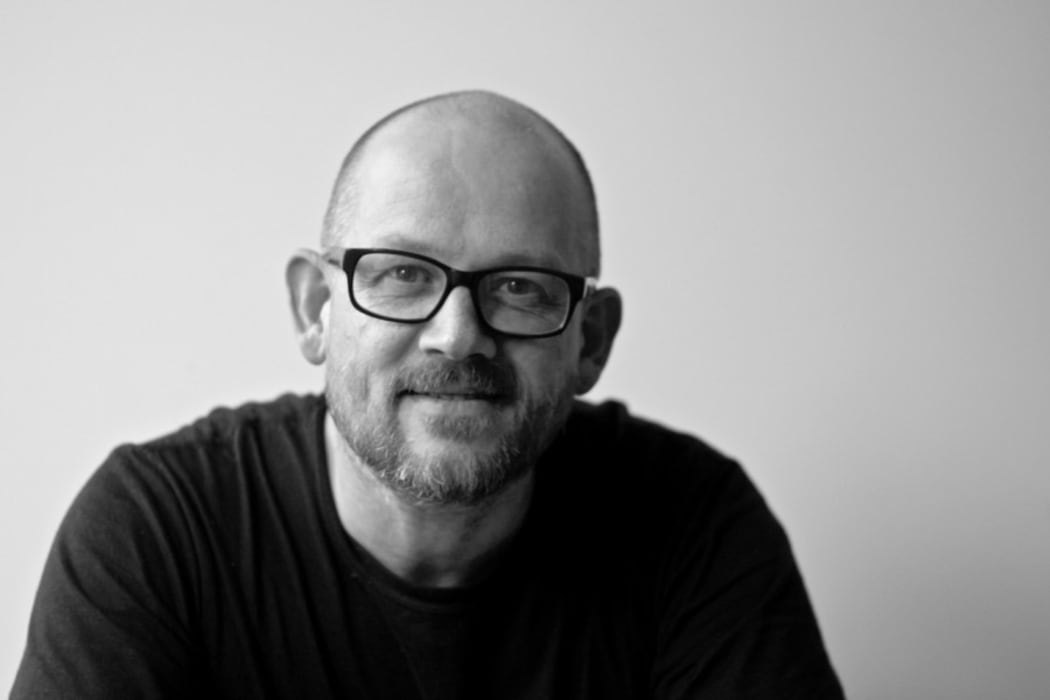
New Zealander Andrew Dubber is Andrew is the director of MTF Labs and an author, academic and broadcaster. Photo: Michela Magas
10:33 Amanda Parer's 'Fantastic Planet'
The Auckland Arts Festival's had to cancel its live events and performances this year, 51 in total, sadly, but there are still some spectacular sights to see.
The renowned Australian visual artist Amanda Parer is bringing 'Fantastic Planet' - giant inflatable luminous white 'humanoids' who land at different sites across the globe - to Auckland. The pieces will be able to be viewed at the Wynyard Quarter, the Manukau Civic Square and out in Henderson. And they'll be doing the opposite of self-isolating, so people won't be able to miss them. These monumental installations were inspired by René Laloux's famous 1973 animated film of the same name.
Amanda joins the show from her base in Tasmania to discuss Fantastic Planet, how she goes about creating these stunning 40 feet illuminated figures, and why she uses animals as the focus of her medium.
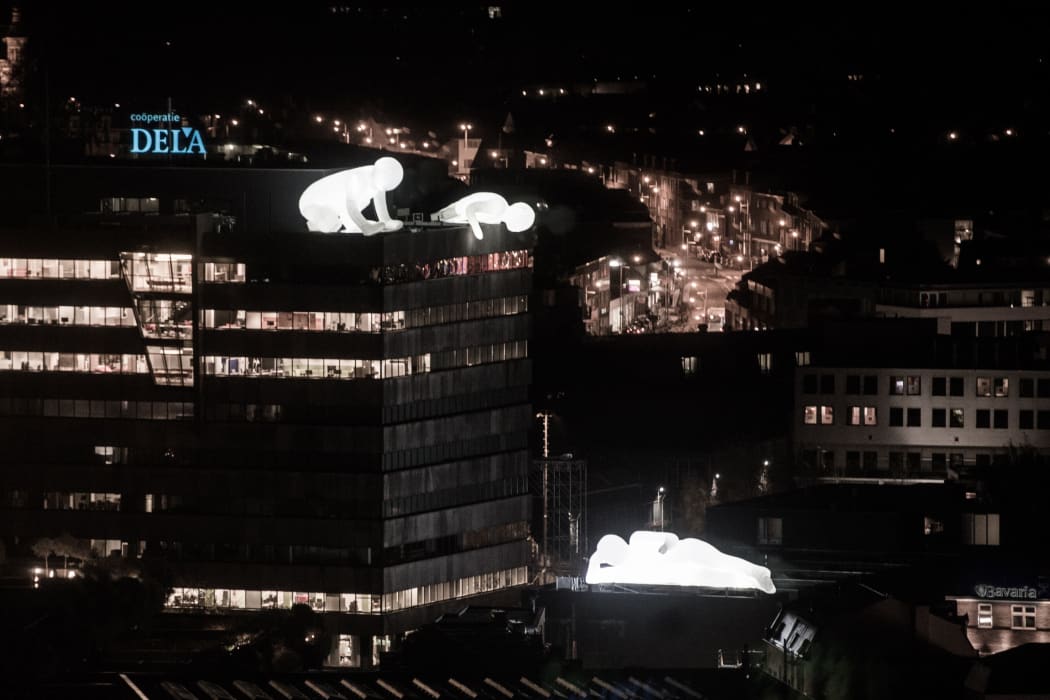
Amanda Parer's 'Fantastic Planet' Photo: Supplied
10:53 My Current Song: Park Bench, 'Castaway'
Park Bench is a four piece alternative band from Auckland's Western Springs College. The band is comprised of lead vocalist and guitarist Sam Boston, drummer Finn Bailey, bass guitarist Zac Green, and keyboardist/pianist Leo Main Bennett. They got together in music class and hope to keep things going once their secondary schooling is completed at the end of the year.
We're joined by Sam and Leo to discuss their current track, 'Castaway,' which was used during the America's Cup in 2021, the band's many and varied influences, and the creative process behind their songwriting.
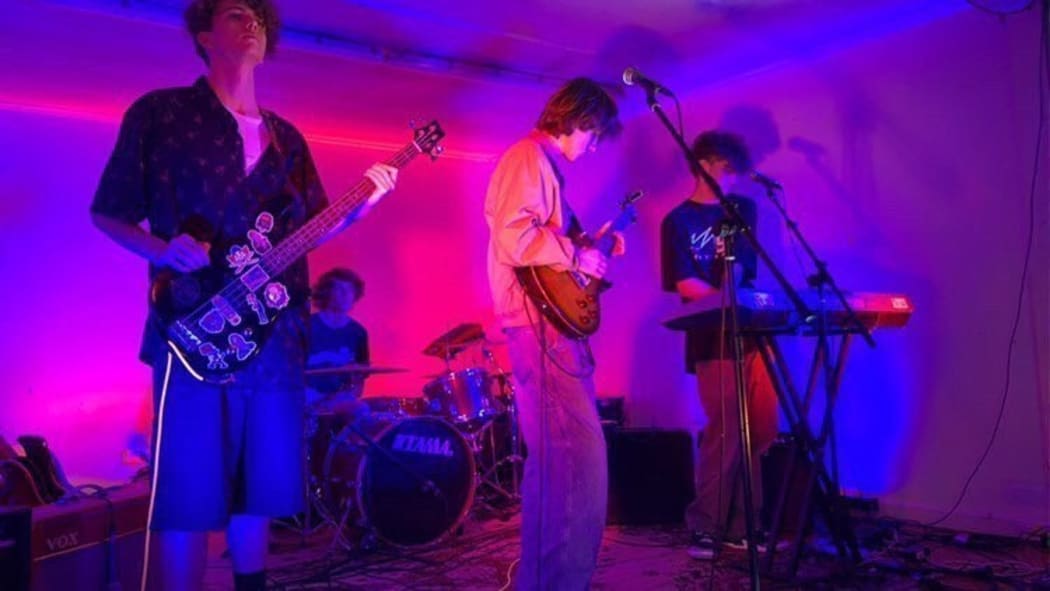
Auckland band Park Bench. Photo: Supplied
11:05 How biometrics can be a force for good and ill
Leading forensic anthropologist Professor Dame Sue Black steadfastly refuses to use her fingerprints to open things like her phone, but she is supportive of a future where biometrics can unlock solutions for us to have better lives.
Black says things like fingerprints being able to open medical records for people who require urgent medical attention offers a great opportunity to improve lives. But, she warns, the threat of people trying to access our personal details for nefarious reasons isn't going to go away anytime soon, regardless of the regulations that are put in place.
Black has also created a groundbreaking system that uses unique vein patterns, skin folds and blemishes to identify the hands and forearms of child abusers from photos and video images. To date, it has seen in excess of 30 life sentences that have been secured in the UK court system.
She joins the show to discuss her work, why she doesn't share her fingerprints with anyone (except the police), and why she'll feel incredibly cheated if she ends up dying in her sleep.
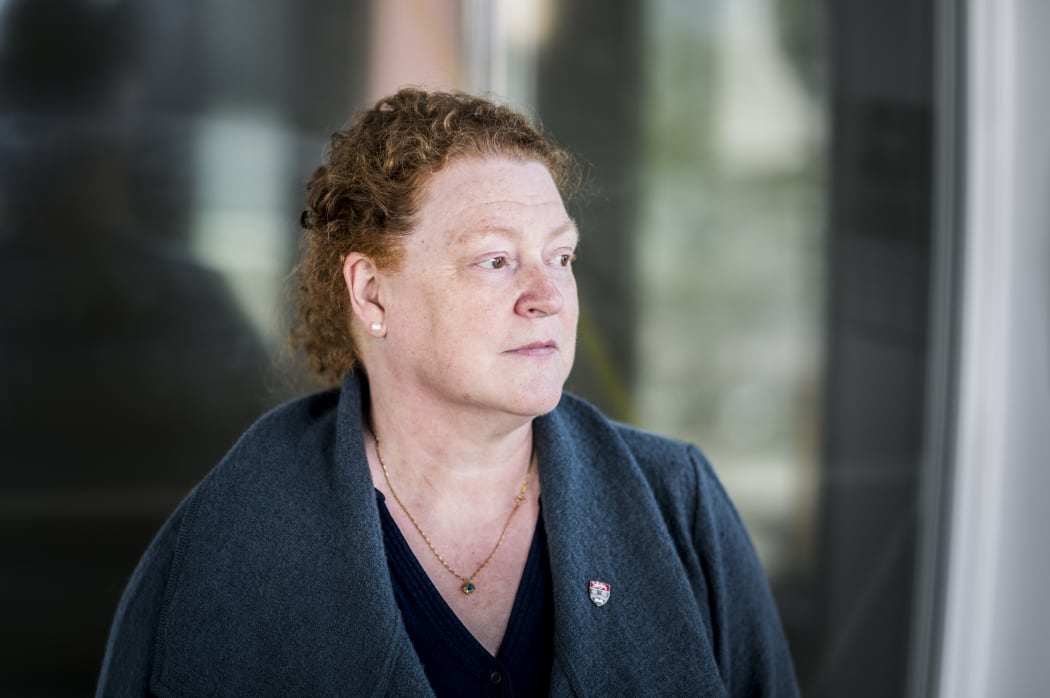
Professor Dame Sue Black is a world-leading forensic anthropologist. Photo: photo Jill jennings
11:39 Noise pollution: how the world has forgotten to listen
We all know the feeling when something we hear instantly jars us. Just ask the people in West Auckland who've been waking up to Celine Dion's Titanic theme song blaring in the wee small hours. But did you know that even low-level noise can be unhealthy for us?
And right now there is arguably more noise in the world than ever before.
Nina Kraus is a Doctor of Audiology at Northwestern University. In her new book, 'Of Sound Mind: How Our Brain Constructs a Meaningful Sonic World,' Kraus examines the partnership of sound and brain, highlighting the incredible relationship between the hearing brain and how we think, move and feel.
Professor Kraus joins the show to discuss the book, how the environment we spend time in shapes the way we hear things, and the emotional damage that noise can do to a sound mind.

Photo: 123RF
